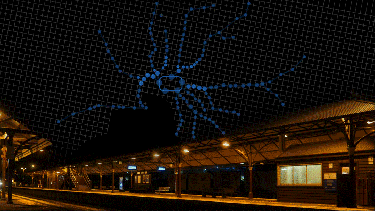
Politics & Society
Is Melbourne really a 24-hour city if public transport stops?
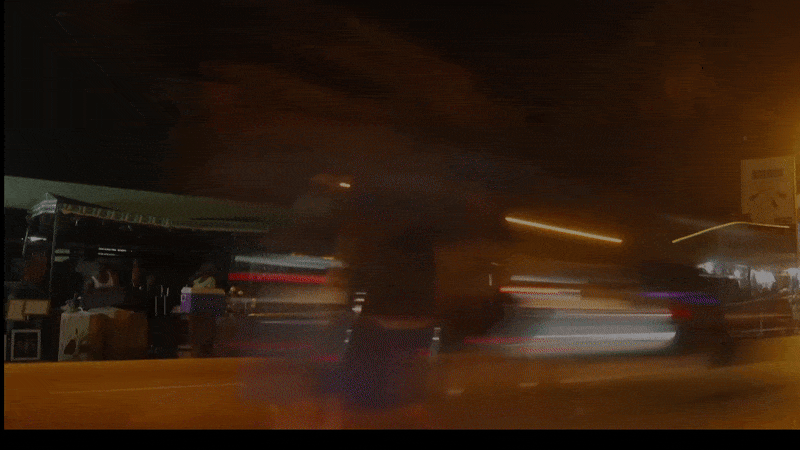
Ghana’s experiment could be a model of structured 24-hour economy governance if it leads to greater productivity and economic resilience
Published 26 June 2025
Around the world, many cities are increasingly recognising the economic and social value of the night-time economy. In fact, more than eighty cities worldwide have established dedicated governance structures to manage the complexities of night-time activity.
The night-time economy usually refers to all businesses and activities that come alive after sunset – from theatres and art galleries to bars and concert venues.
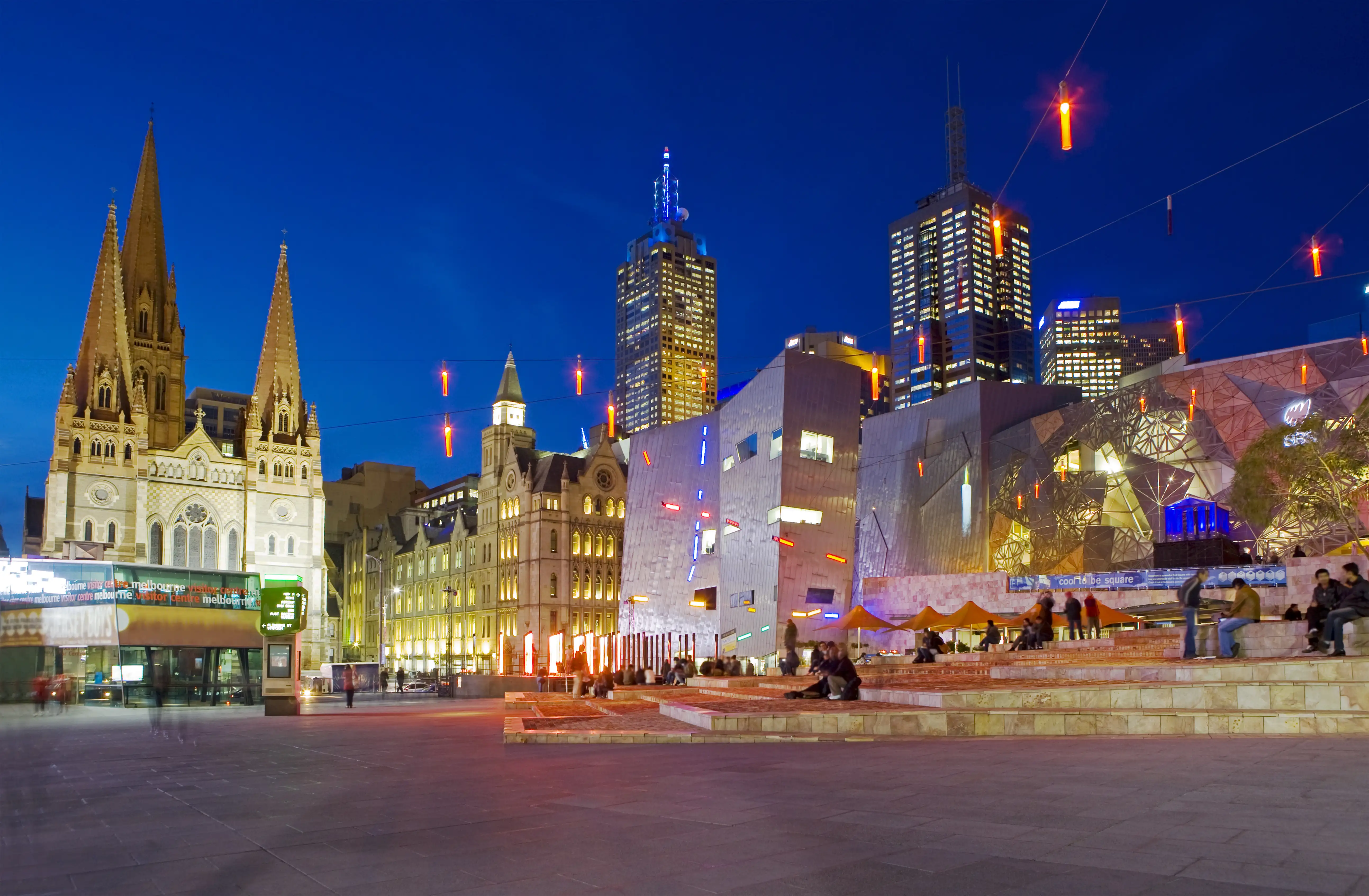
In Australia, the night-time economy already has government attention, with the Council of Capital City Lord Mayors supporting policy development for over a decade.
The New South Wales Office of the 24-Hour Economy Commissioner, Queensland’s Nightlife Commissioner and mentions within the National Urban Policy are just further examples of the growing recognition of the night-time economy at state and national levels of government.
Despite this, the 24-hour policies in many cities remain heavily focused on culture, hospitality and entertainment.

Politics & Society
Is Melbourne really a 24-hour city if public transport stops?
But we can look to the West African country of Ghana to see a different approach – one that focuses on job creation, productivity and public service efficiency.
Ghana’s structured 24-hour economy strategy plans to expand round-the-clock operations in manufacturing, logistics, essential services and even public administration.
Unlike policies that focus on hospitality and nightlife, Ghana’s model is part of a broader economic development initiative focused on changing how goods are made and sold, while also investing in skills and training.
According to economic projections, this policy has the potential to increase Ghana’s real GDP by over 31 per cent within a decade, potentially generating more than three million new jobs in its first five years – particularly in manufacturing, agriculture, trade, construction and transport.
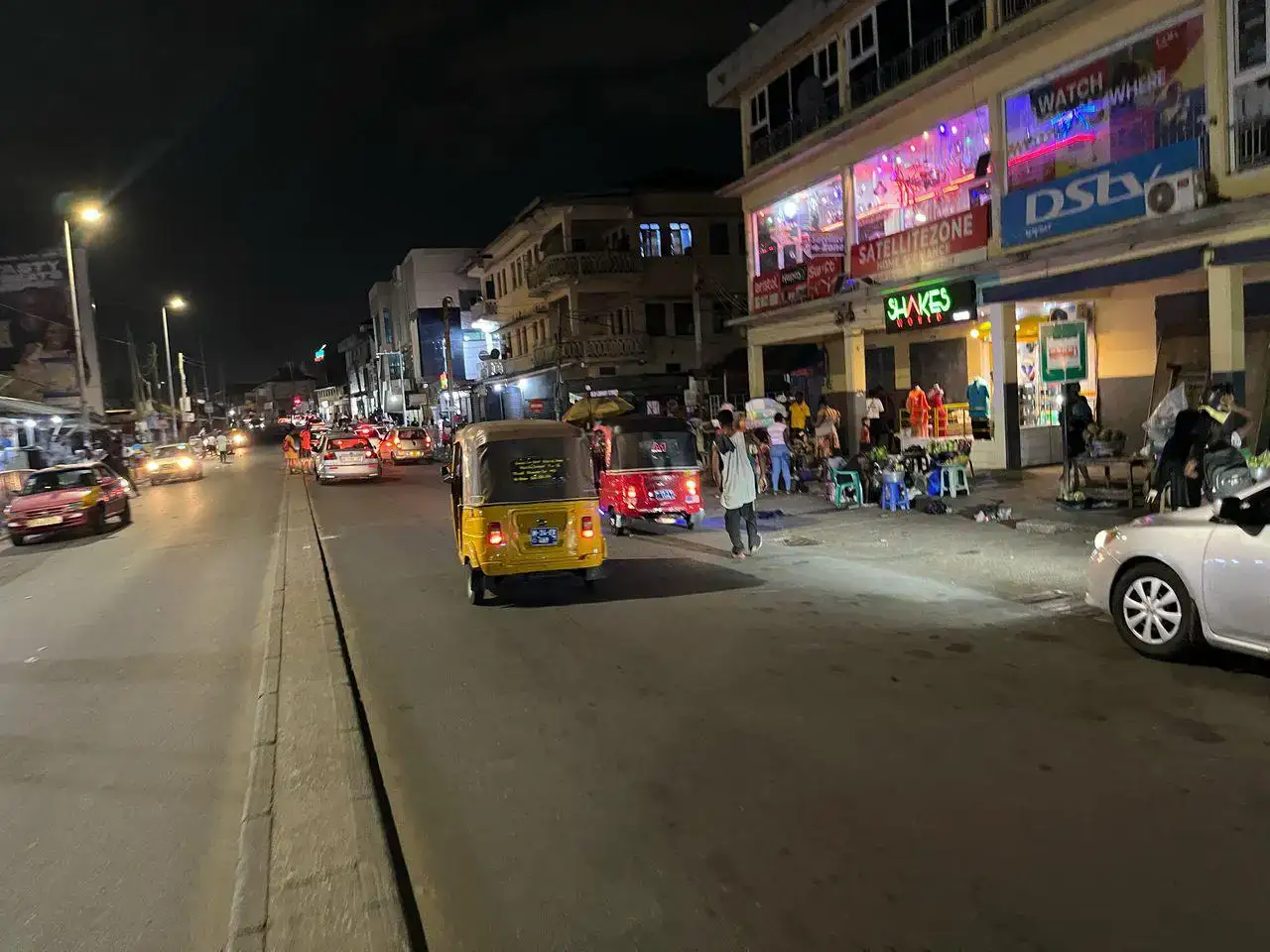
Ghana’s 24-hour economy policy aligns with the country’s broader industrialisation agenda, focusing on adding value to natural resources and expanding the manufacturing sector.
Currently, Ghana’s export economy relies heavily on raw materials, with gold, crude oil, and cocoa beans making up around 83 per cent of total export earnings.
This dependence on unprocessed or semi-processed products exposes the economy to global price fluctuations, which can lead to economic instability.
The 24-hour economy policy may help mitigate these financial risks by supporting industrial parks operating continuously in three eight-hour shifts.

Politics & Society
A not-so silent night
This could stimulate economic growth across the value chain, enhance productivity and increase employment levels.
Speaking in Ghana’s Parliament, the Presidential Advisor on the 24-hour Economy and Accelerated Export announced government plans to invest $700 million ($AU1.1 billion) in developing agro-industrial parks that process agricultural produce – adding value to the agricultural sector.
He also emphasised the government’s collaboration with the private sector in other key areas including the garment and pharmaceutical industries.
While Ghana’s policy promises job creation and economic expansion, it also raises important questions about working conditions and transport infrastructure.
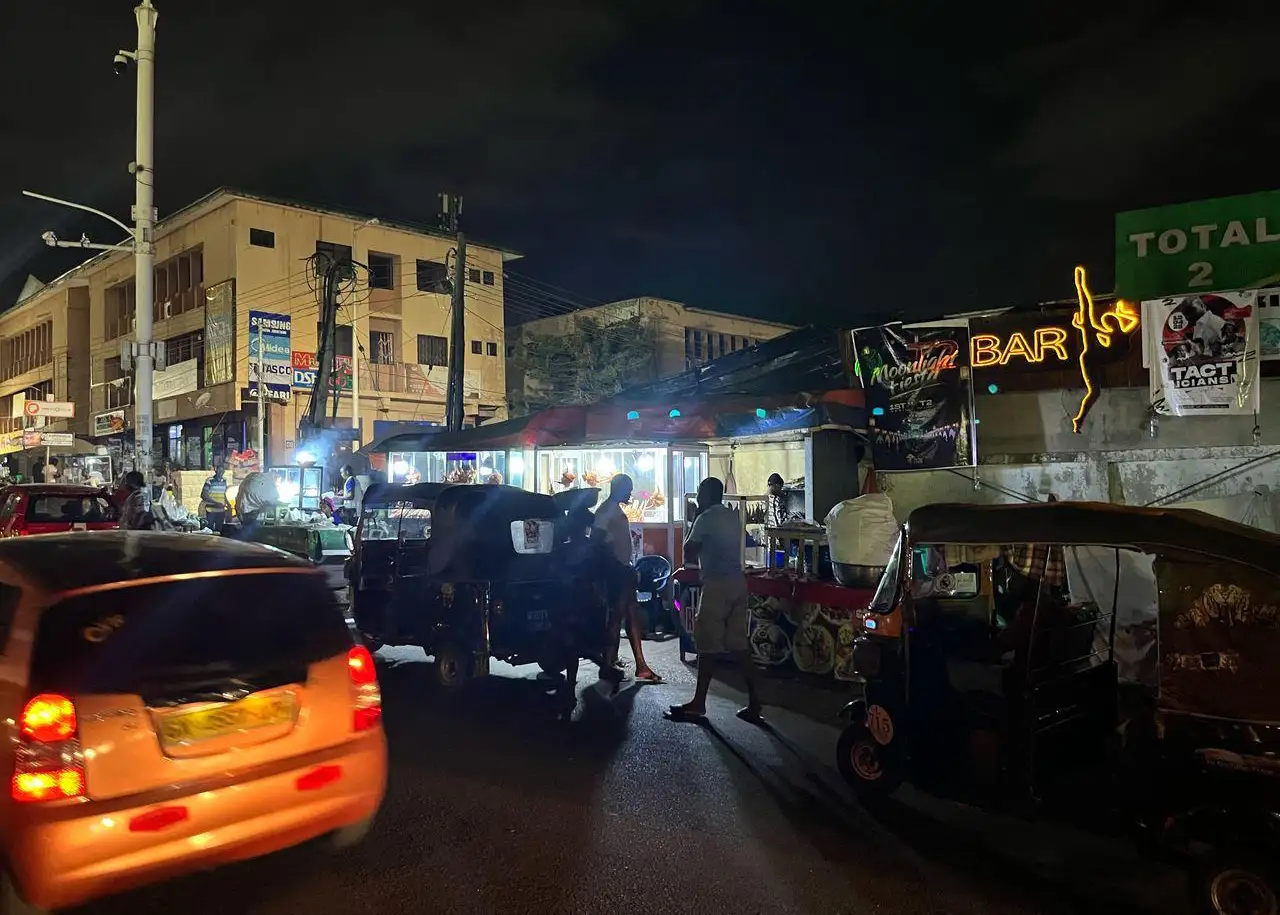
Night work is linked to increased health risks, disrupted circadian rhythms and social isolation. Without strong labour protections, the benefits of a 24-hour economy could be undermined by exploitation, fatigue and a lack of support systems.
Most workers in Ghana work in the informal sector, which traditionally operates within an eight-hour workday and is often marked by substandard working conditions.
The introduction of a 24-hour economy in Ghana has the potential to further worsen the already poor working conditions faced by some workers.
While any new employment act under this policy must address the need for improved working conditions, the key question is how to ensure worker protection.
Reliable and affordable transport is also a key concern.

Politics & Society
Mapping the hidden lives of Melbourne’s night workers
Ishmael Bekoe’s early PhD research into night-time transport poverty in Ghana indicates that ensuring equitable access to safe and efficient transport is essential for night workers.
The Ghanaian government has said that the development of infrastructure is part of their overall plan, and this includes public transport expansion and improved security measures for night workers.
Ghana’s urban areas aren’t traditionally home to the highly active night-time economy.
Usually, people are attracted to hospitality and entertainment venues, colloquially known as ‘joints’, which tend to attract limited patronage, particularly on weekdays.
The introduction of a 24-hour economy policy has the potential to increase night-time activity, giving consumers an array of entertainment, hospitality, transportation and economic options.
It gives people not only greater flexibility for these services, but also in the timing of their engagement.
That said, there are challenges including noise pollution, transportation inadequacies, public intoxication and the vulnerability of certain populations.
All of these must be addressed to help Ghanaians accept a more vibrant night-time culture.
Ghana’s 24-hour economy policy represents a departure from the more conventional night-time economies we see elsewhere – and could provide valuable lessons for Australia.
Australia already has key industries operating 24/7 – including healthcare, emergency services, transport and logistics.
But these sectors have largely evolved organically, in response to market demand, rather than strategic 24-hour government policy.
As Australia continues to refine its approach to night-time governance, Ghana’s experience is likely to offer important insights into whether 24-hour operations can lead to greater productivity and economic resilience.

Business & Economics
Keeping our cities working
The success of Ghana’s approach will depend on several factors: the ability to provide adequate worker protections, the development of supporting infrastructure and the adaptability of businesses to new operating models.
Ghana’s experiment is a case study in structured 24-hour economy governance, with potential lessons for other nations.
If night-time economy strategies are to be more than just a tool for cultural revitalisation, a broader, more inclusive approach – like Ghana’s – might be worth considering.